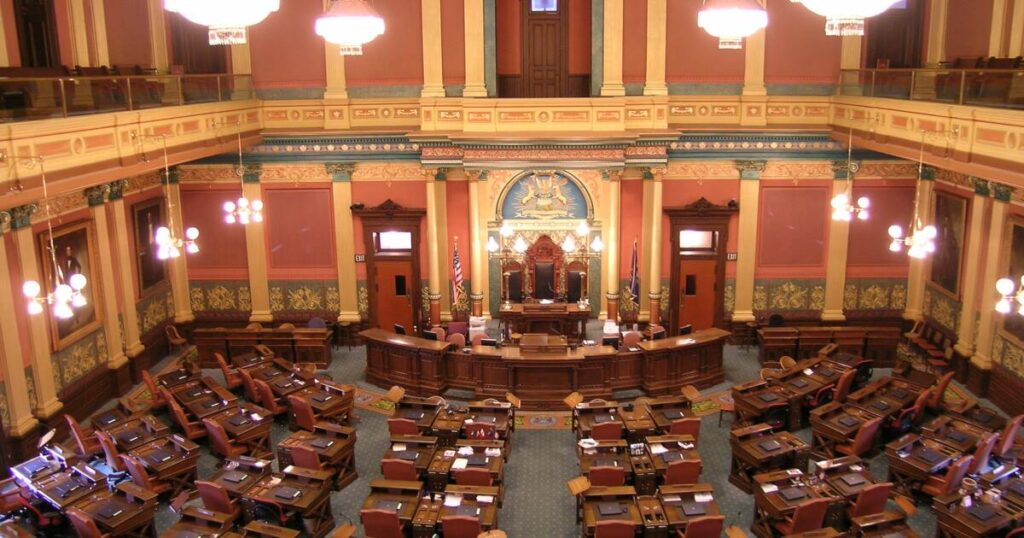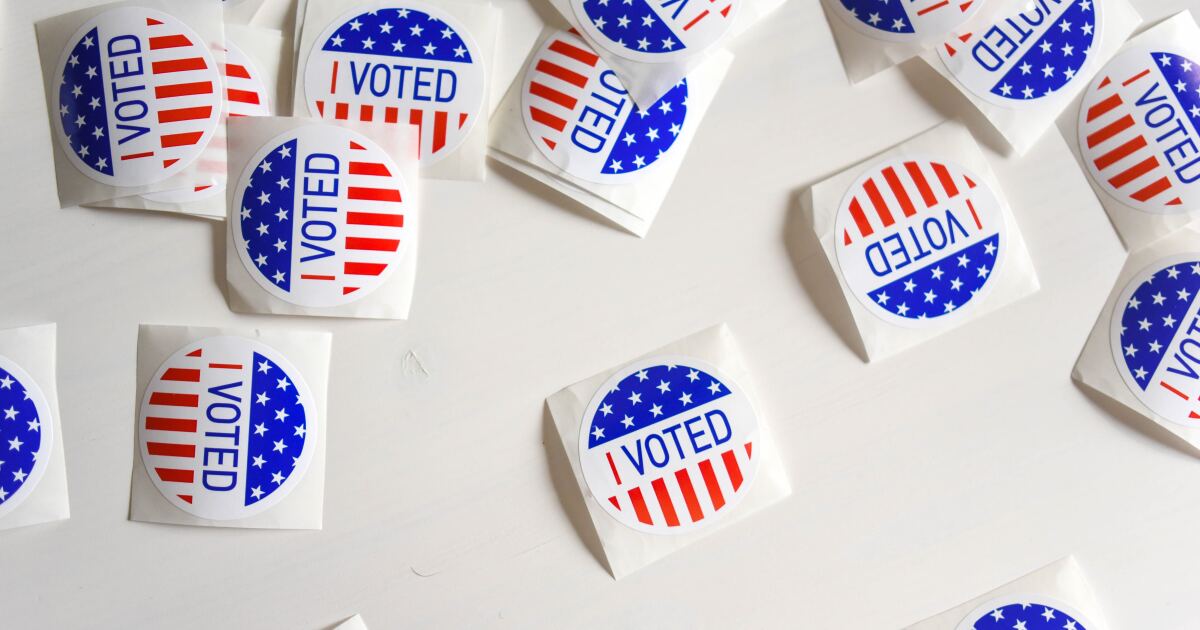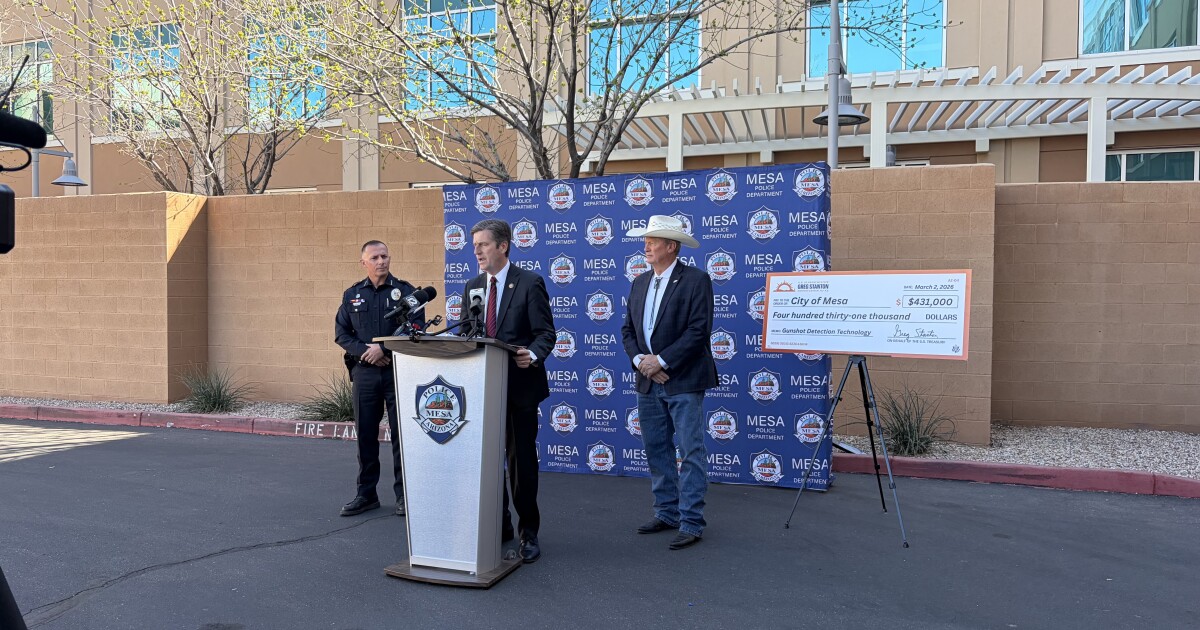Communities across the state are considering new legislation that could significantly impact the short-term rental market. On Wednesday, the Legislature saw the introduction of bills proposing a voter-approved tax on short-term lodging, a move designed to address the challenges municipalities face with the rise of platforms such as Airbnb and Vrbo.
The reaction to the proposed legislation indicates that a consensus has yet to be reached. Concerns have been raised by both property owners and local residents who are wary of the transition of neighborhoods into bustling tourist areas.
Representative Mark Tisdel (R-Rochester Hills) remarked on the disturbances caused by short-term rentals, particularly during peak tourist seasons. “If you’re renting that out to different short-term renters all summer long, that’s their week on the beach to howl,” he stated. “Tourists don’t treat your city the same way residents do, right?”
This sentiment is echoed in college towns, where short-term rentals are often used for large gatherings during significant events, creating issues for nearby residents and law enforcement. Tisdel highlighted the strain on local resources, noting, “It creates a problem for the houses on either side, which creates a problem for the police. Those expenses have to be covered.”
The legislative proposal aims to empower local governments to propose an excise tax, subject to voter approval, to help mitigate the financial burden of these additional community costs.
“It would have to go on the ballot,” Tisdel explained. “It’s enabling legislation. That’s all there is to it.”
However, the current draft faces criticism from advocates for property owners. Brad Ward, vice president of public policy for the Michigan Realtors Association, emphasized the importance of property rights, stating, “The biggest one for our members is property rights, the right to rent.”
Ward expressed concern over existing restrictions, saying, “What we’ve seen over the last several years has been bans on short-term rentals, moratoriums on short-term rentals, severe restrictions on people’s right to rent. Even in areas where people have been doing this for generations, now suddenly (they) have lost the ability through local zoning to rent out their property.”
Ward also suggested that any new tax revenue should partially support the Pure Michigan tourism promotion initiative.
The proposed bills— HB 5138, HB 5139, and HB 5140 — are currently under review by the House Economic Competitiveness Committee, where forthcoming hearings will delve into the potential impacts of the legislation.
—
Read More Michigan News









